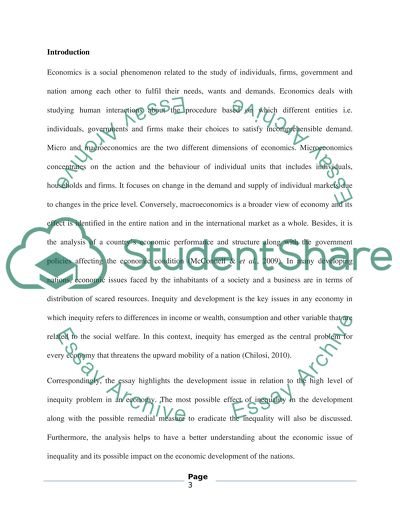Cite this document
(“Development Economics Essay Example | Topics and Well Written Essays - 2250 words”, n.d.)
Development Economics Essay Example | Topics and Well Written Essays - 2250 words. Retrieved from https://studentshare.org/macro-microeconomics/1668964-development-economics
Development Economics Essay Example | Topics and Well Written Essays - 2250 words. Retrieved from https://studentshare.org/macro-microeconomics/1668964-development-economics
(Development Economics Essay Example | Topics and Well Written Essays - 2250 Words)
Development Economics Essay Example | Topics and Well Written Essays - 2250 Words. https://studentshare.org/macro-microeconomics/1668964-development-economics.
Development Economics Essay Example | Topics and Well Written Essays - 2250 Words. https://studentshare.org/macro-microeconomics/1668964-development-economics.
“Development Economics Essay Example | Topics and Well Written Essays - 2250 Words”, n.d. https://studentshare.org/macro-microeconomics/1668964-development-economics.


